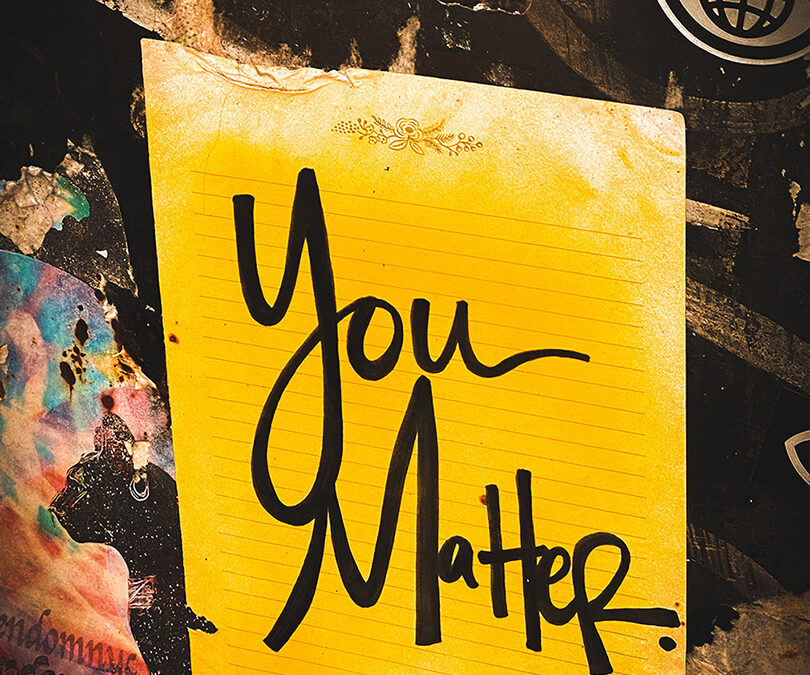I work in end of life, but any freelancer who works with people in personal or intimate ways – NFPs, disability, inclusion and advocacy work, or counselling, for example – know how easy it can be to overload ourselves in caring/service. The trick to avoiding the self-doubt, isolation and stress that accompany compassion fatigue, and even burnout, is getting in a good place about healthy self-care. A good place for healthy self-care includes a routine that prioritises personal needs, a strong network of positive support people, and recognising when we are getting close to doing too much. When we are consistent with healthy self-care our work, sleep, and output improve, leading to better physical and mental health, and emotional resilience.
Establishing a routine to prioritise your own needs

Photo by Jon Tyson on Unsplash
It may sound a bit like military boarding school, but the key to maintaining healthy self-care habits is a consistent routine; the benefits of a routine that prioritises own needs are well known and worth doing. If you need daily quiet time, ensure there are 30 minute spaces built into your daily schedule and calendar with no phone calls, meetings or client interactions. If you thrive on people, try to regularly schedule business and personal meetings. If a professional group is not an option, schedule a quick daytime catchup with friends (online or IRL), then another group later in the day/evening. If you need time with emails or social media, put a timer on these activities, attend to these outside work time and schedule feed content in advance. You can then reward yourself with something special to you each day – for example: a walk, a bath, reading for pleasure, a nap all count as healthy self-care activities.
Routine changes need to be relevant to you, so make an honest list; healthy self-care needs good communication with yourself. Small changes at distinct intervals are highly effective in bringing positive change to your life, but a raft of changes all at once feels hard and may be impossible to maintain, so don’t rush.
- Choose one thing on your list every 4-6 weeks and integrate that small change into your routine.
- Don’t compare your needs to other people’s – we are all unique, and our personal needs are nothing to be ashamed of.
- Don’t neglect rewards. We all deserve rewards, so build them into daily, weekly, monthly routines.
A strong network of positive people is essential for healthy self-care
Not all of us in person-focused, caring fields have good professional networks, mentors, or peer support as we often have work contracts which do not promote networking. However, role models and good connections are worth cultivating. A positive professional network, in combination with a squad of friends you trust and know will be supportive, helps stave off imposter syndrome and feeling isolated, while helping solve problems. A good friend or supportive colleague will offer sensible, balanced insight and feedback, as well as tell us when we look tired and maybe need a break – for our healthy self-care this kind of honest and genuine support is priceless.
You may find it hard to approach new people in your professional field, so a sensible option is to introduce yourself via email. Don’t forget, if you want a mentor you may need to source one yourself and do your research; some mentors expect to be paid, so factor that in before deciding who you want to approach as part of your professional network.
- Don’t be afraid to ask friends for support or help, but do make yourself available in turn, that is how friendship works.
- Don’t be afraid to reach out to colleagues for advice but do make appointments – your professional networks are different to friendship networks, and are usually not as casual (at least, until you know someone very well).
- A peer support network can be very effective online. The Freelance Jungle is a good place to start if you are not sure of where to try first, and you can get your feet wet in the networking department before branching out to other online groups that may be specialised to your work needs.
Know when you are pushing your limit and doing too much
When we push ourselves too hard we become overtired, underhydrated, and often make poor decisions – like saying ‘yes’ to work when ‘no thanks’ is the best response. Know yourself and when you are pushing too hard: headaches, grouchiness, inattention, exhaustion, distractedness, or single-minded focus on minutia may all be signs you need to slow down, rest and take time out for yourself. Pay attention to your own patterns and what friends or workmates have mentioned in the past (like the Snickers tagline ‘you’re not yourself when you’re hungry’) and write down what you know to be your most obvious triggers. Keep the list handy to your desk or work diary, someplace you can see it easily as a reminder of your limits and self-care needs. Revisit this list from time to time and add anything that you become aware of so you can catch yourself before you go too far into compassion fatigue territory.
Pro tip: If you have trouble saying no to work when you are tired, stressed or overwhelmed establish a check-in buddy. Set up a routine in your workflow where you ONLY respond to work or volunteer offers via email – and always talk/write with your friend/colleague check-in buddy before responding to the offer, because sometimes we all need someone to remind us when it is time healthy self-care.


